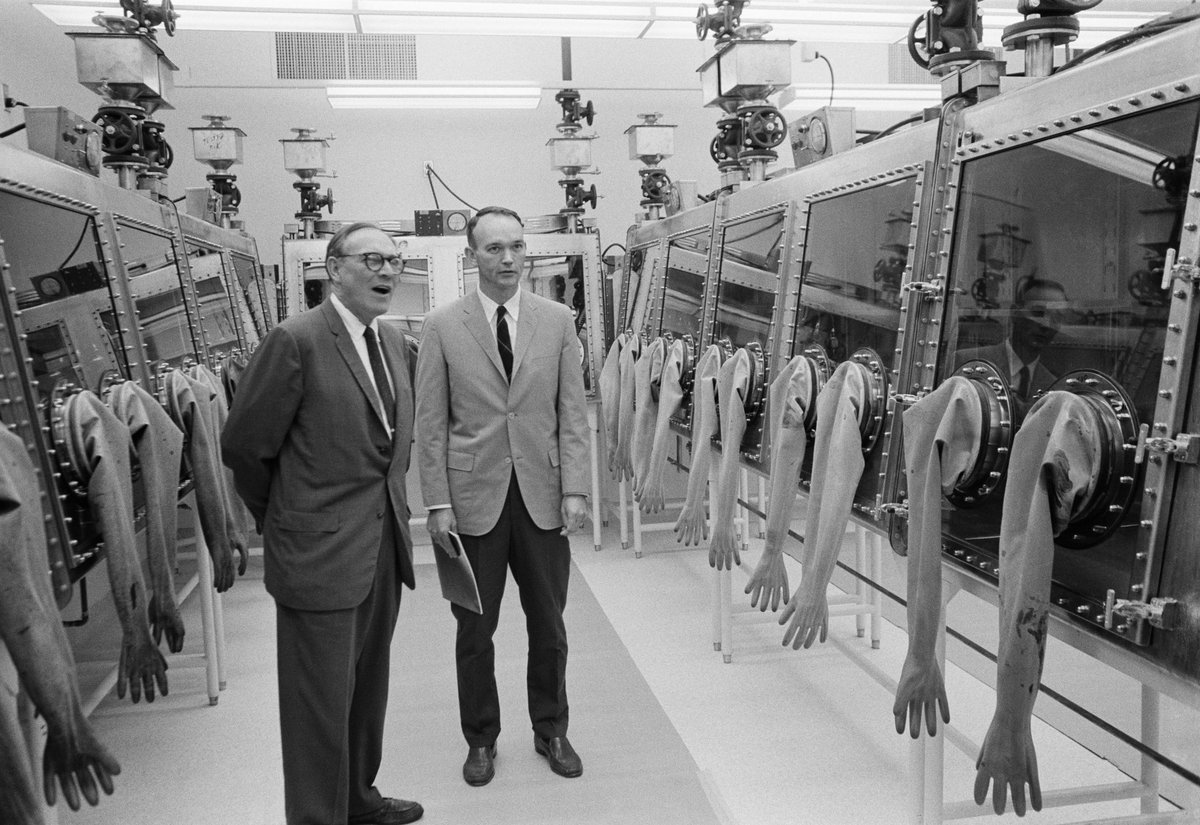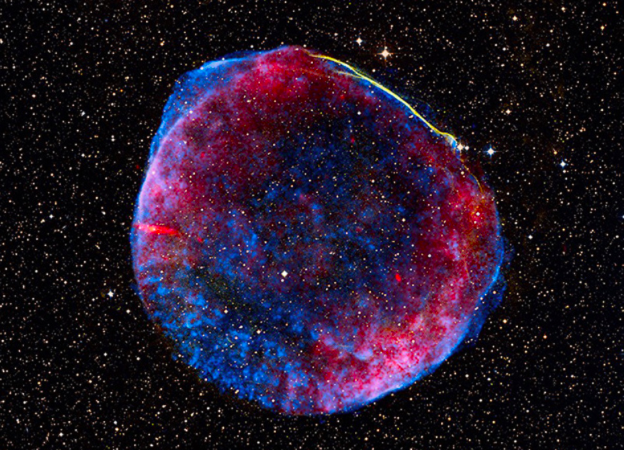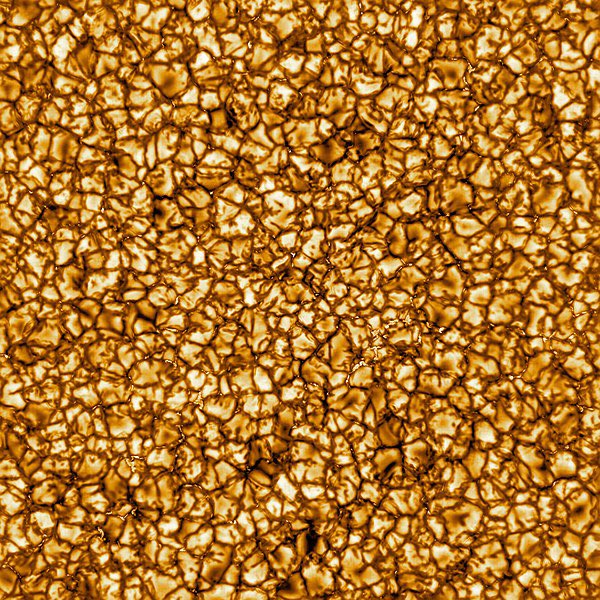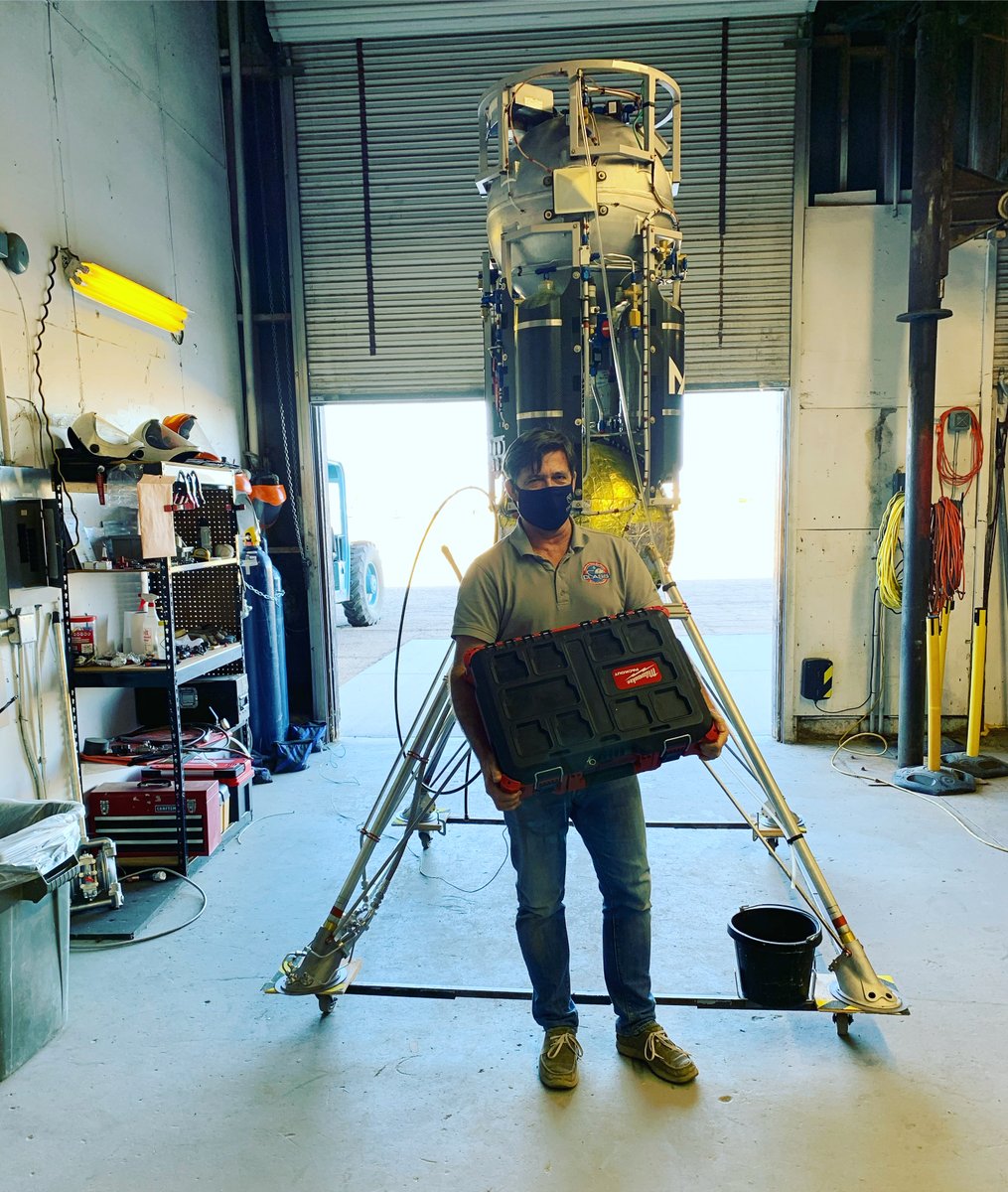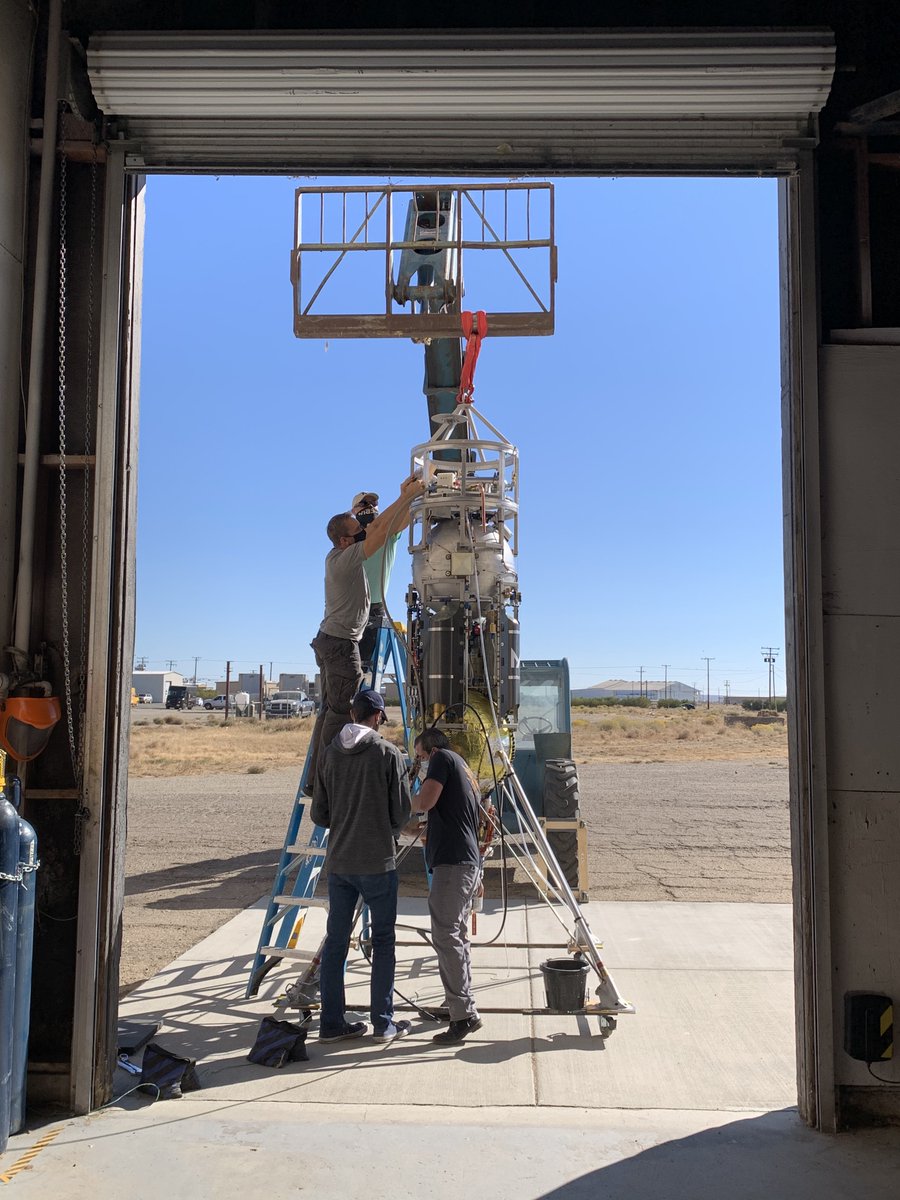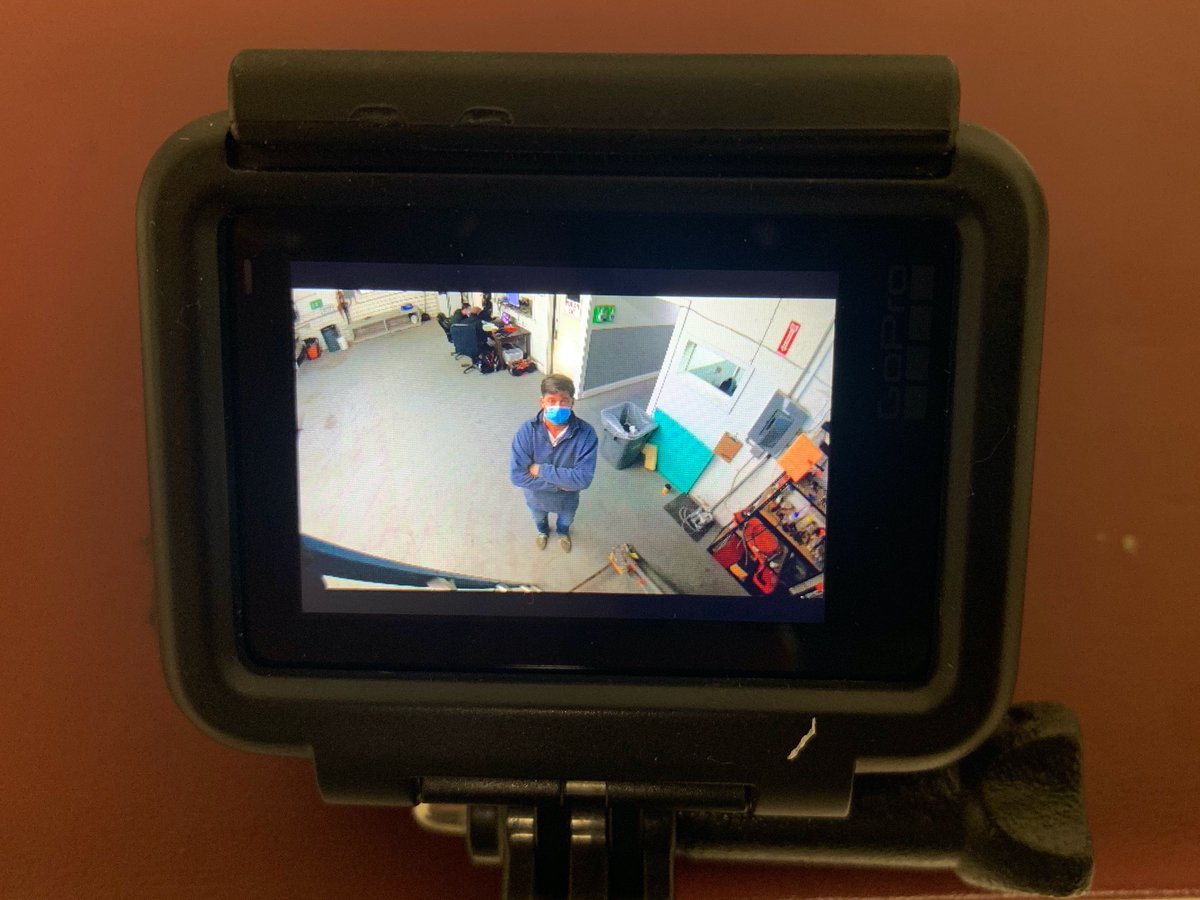
😟😟😟 This chart is SO untrue, though, as the published records show. Asteroids were NOT removed by scientists from being planets until the 1950s. Moons were classified by astronomers as planets until the 1920s. I’m so sad this nonsense chart is being published because... 1/
https://twitter.com/jjfplanet/status/1357007403015786496
2/...it is going to amplify the presentism fallacy that has plagued astronomers over the past few decades. Presentism is when you take a view that developed in recent times and use it to interpret past events as if that view had existed back then. voicesandimages.com/presentism-don…
3/ The idea that planets only include the primaries (no moons) and doesn’t include minor planets (no asteroids) is a relatively recent view among astronomers. But the public has held that view since the mid-1800s because it came from 1800s astrology, not from scientists.
4/ Astrology almanacs were the public’s primary source of info on planets in early 1800s. Astrology could not accept the dozens of moons and dozens of asteroids (then 100s, then 1000s) as planets because it became too many planets to invent any astrological meaning for them.
5/ Prior to 1867, all professional AND non-professional books about astronomy taught that moons are planets. From 1857 till the late 1800s about half the non-professional books had abandoned moons as planets, but scientists kept teaching it until the 1920s.
6/ Astronomers abandoned the ‘planet’ concept that came from Galileo and embraced the astrological concept (which includes the idea that moons aren’t planets) during a period when they had lost most of their interest in planets. (That period started ~1910 per the bibliometrics.)
7/ The bibliometrics show a renaissance of interest in planets started in 1955, coinciding with spacecraft missions, but by then the damage had been done and astronomers had forgotten what a planet is according to all scientists from Galileo till ~1920.
8/ I won’t rehash the story about asteroids. It is published here: sciencedirect.com/science/articl… And a non-paywalled preprint is here: arxiv.org/pdf/1805.04115…
9/ But what I wanted to say is that the Presentism Fallacy took root since the 1950s as astronomers started re-writing history to say that their current ‘planet’ concept, which came from astrology and has no value in scientific reductionism, came from science.
10/ This has consequences. It hurts science. Papers are coming out to explain. It just makes me so sad to see the Presentism being repeated as one astronomer after another assumes they have been told the truth, without checking the records to see what actually is true.😣😢
Yikes I shouldn’t have gotten on a soapbox on an RT 😞 Visceral reaction to the plot. Apologies to @jjfplanet. I agree with his tweet that it is fun seeing how planets have been added and removed through the years!
• • •
Missing some Tweet in this thread? You can try to
force a refresh

